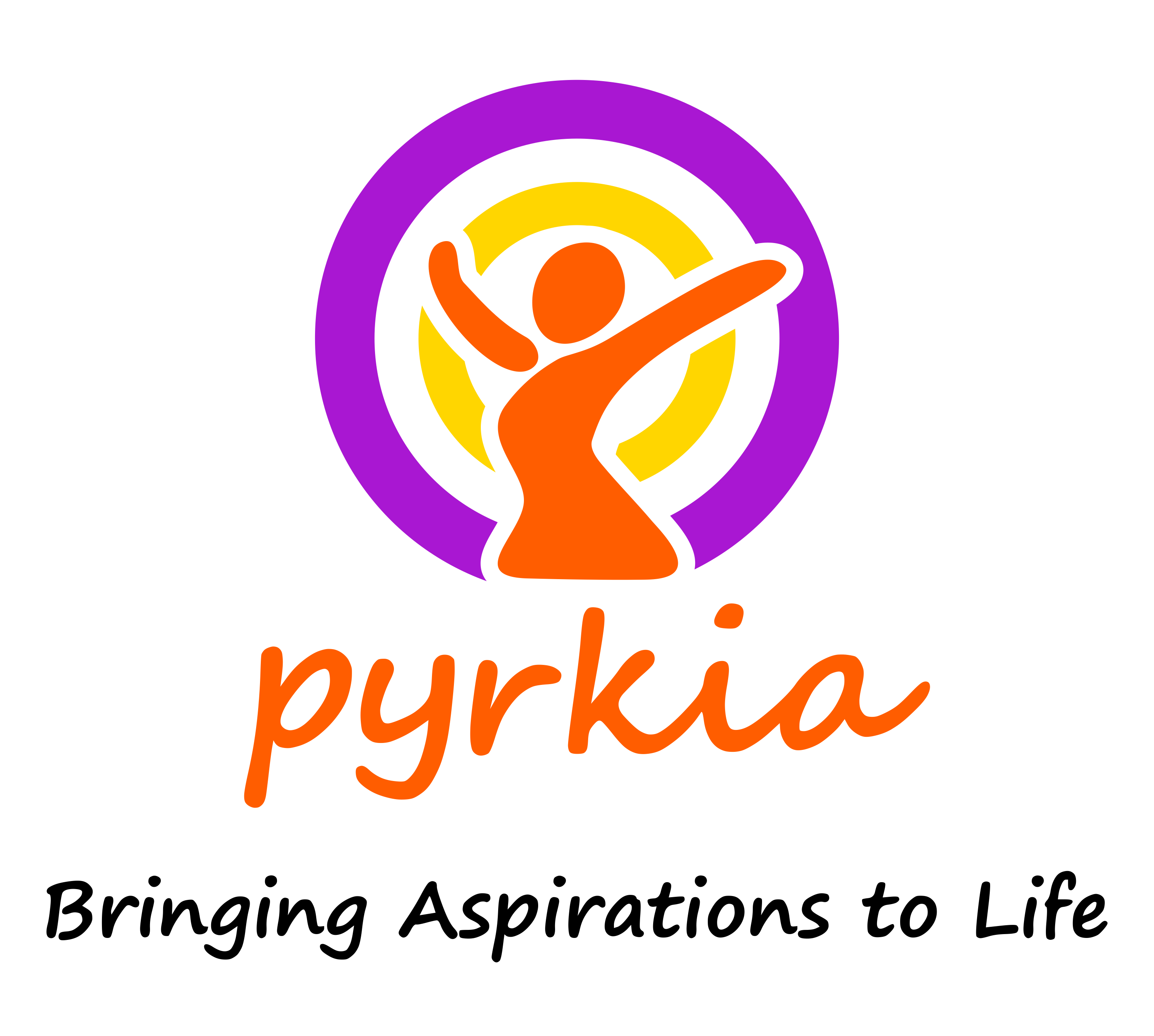
One of the first skills parents and caregivers of infants learn is how to help calm and soothe our sweet little ones. We observe how a hungry baby can’t latch when upset, and an overly tired toddler gets wound up and can’t sleep. The term Regulation refers to our ability to manage our arousal level, emotions, and behaviors.
Helping young children stay regulated can be tricky work. 2-year-olds in particular are known for having big emotions and not knowing how to manage them. It’s no surprise that in my Early Intervention work regulation is one of the main areas of focus. Our little ones are dependent on their caregivers to teach them how to calm themselves so they can fully participate in their day, have positive relationships, learn and grow.
Adults, on the other hand, often don’t give much time or thought to staying regulated. By the time we reach adulthood our pattens of how we react to things in our world have become well established habits. Like children, some adults are better at staying regulated than others. And all of us have moments that challenge our limits on self-regulation. While we may recognize extreme examples of dysregulation in adults such as when anger turns violent, we may miss how much we stand to benefit from prioritizing our own regulation, and continuing to develop our self-regulation skill set.
Here are some questions to help you think about your own regulation:
- Do you find yourself running out of steam before your day is done?
- Do you spend a lot of time worrying or feeling on edge?
- Do you sometimes talk to your loved ones more sharply than you mean to?
- Do you feel frazzled in busy, loud spaces? Or have a hard time staying awake at work, school, church, or other important places if the space is too quiet and still?
- Do you find yourself getting emotionally or energetically derailed from experiences and interactions during you day?
The same things that impact our children’s ability to stay regulated also impact us as adults. Things like sleep, stress level, physical activity, and our sensory environment all impact our arousal level, emotions, and behaviors. And the same kinds of strategies can be helpful for adults. Things as simple as learning how to breathe in a way that calms or energizes us, or changing the lighting and noise level in our space can make a huge difference.
Exploring strategies that help us move through our day with the right kind of energy can have profound impacts on our lives. It can help us build better and healthier relationships, feel less stress and anxiety, and have more attention and energy for the things that make life sweet.

